
Mar 20 , 2021
By Desta Mebratu (Prof.)
The upcoming general election in Ethiopia is being expected with perturbation. But such a moment will also serve as a clarion call for a fundamental shift in the dominant paradigm of politics, writes Desta Mebratu, professor at Stellenbosch University in South Africa, who also teaches at the Addis Abeba Institute of Technology and is the author of Mahederawi Astesasib, Lezelaqi Mefitihe.
For decades, Ethiopia's politics have been characterised by the dichotomies of liberal-revolutionary, left-right, progressive-reactionary, narrow nationalist-chauvinist, radical-reformist and unitarian-federalists. It has been chiefly about a black and white "reality" in an inherently grey world. Such a mindset has led to an unimaginable scale of sacrifice that has resulted in conflicts leading to the loss of tens of thousands of lives while subjecting millions more to continuous misery.
The change of leadership three years ago that brought Prime Minister Abiy Ahmed (PhD) to office came with a momentum of hope and despair. The former has been associated with the distinct possibility of having the first democratically elected government in the country’s history, while the pain is related to the continued killing of innocent civilians due to our distorted and toxic political discourse.
As we get closer to the national election, every Ethiopian is awaiting its outcome with perturbation. This is natural given the toxicity prevalent in our political thinking. Such moments serve as clarion calls for a fundamental shift in the dominant paradigm. In our political context, this would mean revisiting the foundation of our political thinking to lay the foundation for Ethiopia’s transition to an inclusive and democratic country.
The first step here is to recognise the complexity of Ethiopia's politics and refrain from prescribing simplistic solutions based on linear and reductionist thinking. Utilising some of the fundamental principles of systems thinking would help to understand the complexity holistically.
It begins with recognising the dynamic interdependence between the part and the whole, which is essential to understand that Ethiopia’s unity is not mutually exclusive to respecting the rights of nationalities and should be upheld concurrently. Our politicians also need to liberate themselves from the misguided notion of "my truth is the only truth" and listen to the other side. The notion of absolute truth does not exist, not even in science, let alone in politics.
No less critical is the need to create a constitutional order that recognises the value of our multi-ethnic diversity and reinforces it as a potential source of stability and adaptability. Another point concerns political parties, which need to distinguish between issues for political competition and those for national collaboration such as state sovereignty and the sanctity of life.
Last but not least, as per the principle of adaptive learning, our political leaders need to learn from past transition failures and avoid making the same mistakes. We need to recognise that transformational solutions require going beyond the isolated events and patterns and critically looking at the structural sources and mental models.
One of the major dangers that may thwart a peaceful and democratic transition is the tendency to make the constitutional order, which is supposed to be a collaboration platform, the principal campaign agenda for the election. As much as many of the provisions of the current Constitution align with internationally accepted principles, it has provisions meant to serve "revolutionary democracy" politics. This has its fair share of responsibility to answer for the massive scale of political abuse and human rights violations over the last three decades. It needs to be addressed.
Even in the absence of such deficiency by design, a constitution is meant to evolve continuously. No body of laws can serve for eternity without adaptation. Thus, recognising the limitations of the existing Constitution and agreeing on the need to amend it through broad-based participation of people after the election should be taken as a common rallying point for all political parties during this campaign season. In the same vein, democratising the existing federal structure by ensuring every citizen's rights to live freely, own property, elect and be elected in any part of the country has to be a shared political agenda.
Beyond addressing the structural toxicity from our political discourse, we need to overcome some detracting factors in our political rucksack. Top on the agenda is the importance of liberating our politics from its machismo by giving women a rightful place in the country’s political discourse and governance. This is not something that has to be done to fulfill a quota or please international development partners. It should instead be done to get the maximum benefit from Ethiopia's human capital, half of the population in this case, as well as the unique human traits and attributes given to women. This includes empathy, emotional sensibility that balances hard and soft power, ecological sensitivity that respects nature, and their survival instinct to overcome challenges. To tap into this potential, all political parties may establish their own Women’s Advisory Council that would vet their policies and political decisions before they are finalised.
The center-periphery politics dominated by three nationalities, which form the absolute majority in their respective Amhara, Oromia and Tigray regional states, has been another dominant feature of Ethiopian politics for centuries. This has led to marginalisation of many of the other nationalities in the country. As a result, the country has missed a huge opportunity of benefiting from an exceptionally rich culture of tolerance, dialogue, conflict resolution and social justice mechanisms. Promoting national politics that would effectively represent the periphery in the centre would contribute to the country’s transition to a more inclusive political system. The relative peace and stability that has been witnessed in Afar and Somali regions in the past couple of years is a clear indication of the critical importance of such a transition. This should, of course, go hand in hand with getting rid of the detrimental traditional rituals and practices, such as in relation to women's rights, that may exist in all communities through continuous community education and engagement.
The Ethiopian Diaspora community has been a key player in modern Ethiopian politics since the 1960s – for better or worse. In recent years, it has made a critical contribution to the political movement that ended the EPRDF-era. The Diaspora community's engagement could be a positive force for change due to the considerable intellectual and financial support it could provide.
However, it will be important for the Diaspora community to overcome certain myths to realise this potential. Primarily, some of the leaders and activists of the Diaspora community need to come down from their self-proclaimed pedestal of leadership and recognise that ultimate change is determined by the internal dynamics and the people at large. It is also the case that the "silent majority," which has a genuine desire to help the country, needs to shield itself from the destructive intent of the noisy minority. These political entrepreneurs are using the opportunity availed by social media as a platform to gain undue influence, be it financial or political, at the expense of the country's misery.
Finally, the country's ultimate prerequisite to come out of the current political quagmire is building an inclusive and sustainable economy that creates decent jobs and eradicates poverty. This would require coming up with a comprehensive socioeconomic policy package that ensures people's wellbeing on a sustainable basis. Such a policy package would need to harmonise emerging global opportunities and challenges with the country's natural resource and social capital and respond to the needs and aspirations of its people.
As citizens, we should expect to hear more about the specific socio-economic policies of all political parties during the election campaign over and above their usual political rhetoric.
PUBLISHED ON
Mar 20,2021 [ VOL
21 , NO
1090]
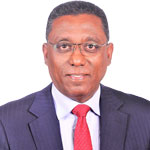
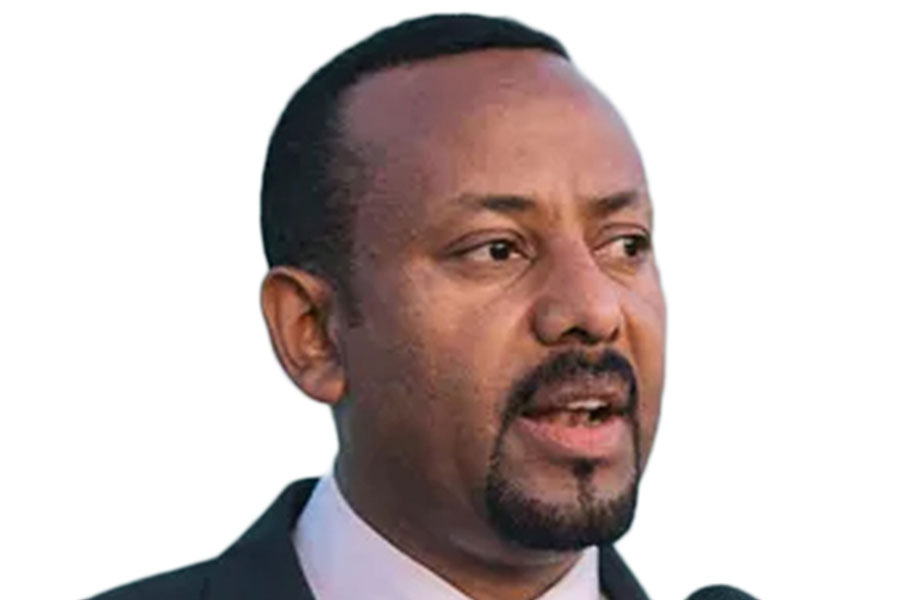
Verbatim | Oct 28,2023

Editorial | Jan 13,2024

Radar | Dec 01,2024

Sunday with Eden | Apr 10,2021
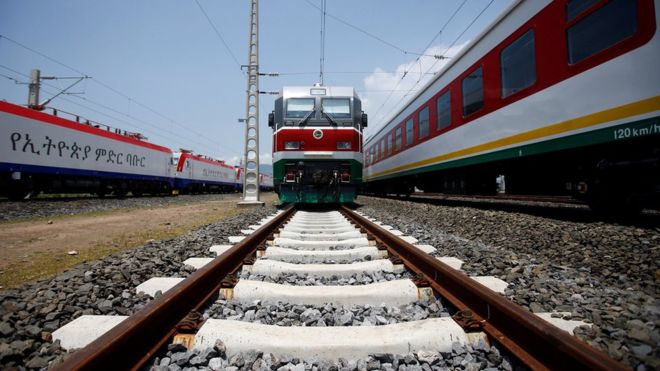
Fortune News | Jul 06,2019

Agenda | Apr 06,2019

Commentaries | Nov 04,2023
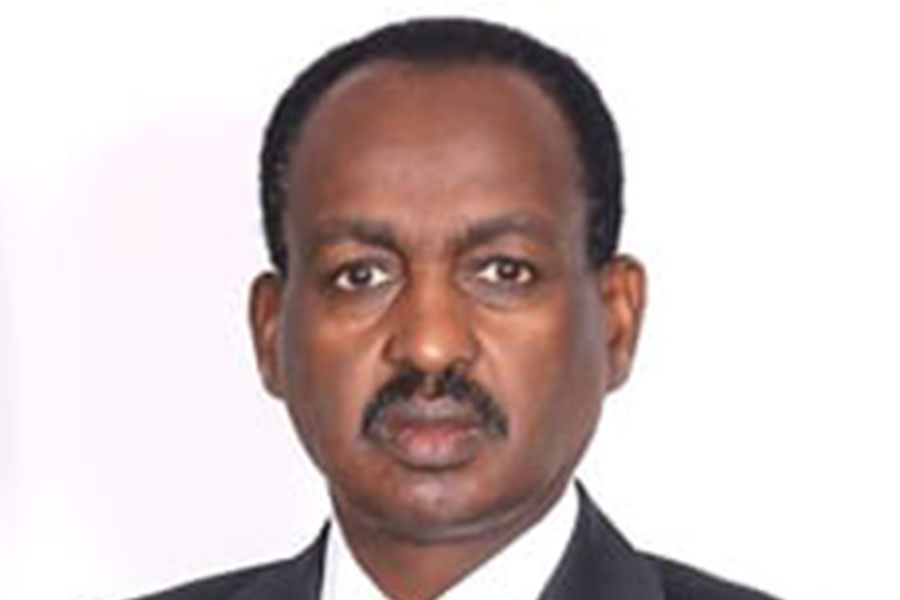
Fortune News | Mar 25,2023
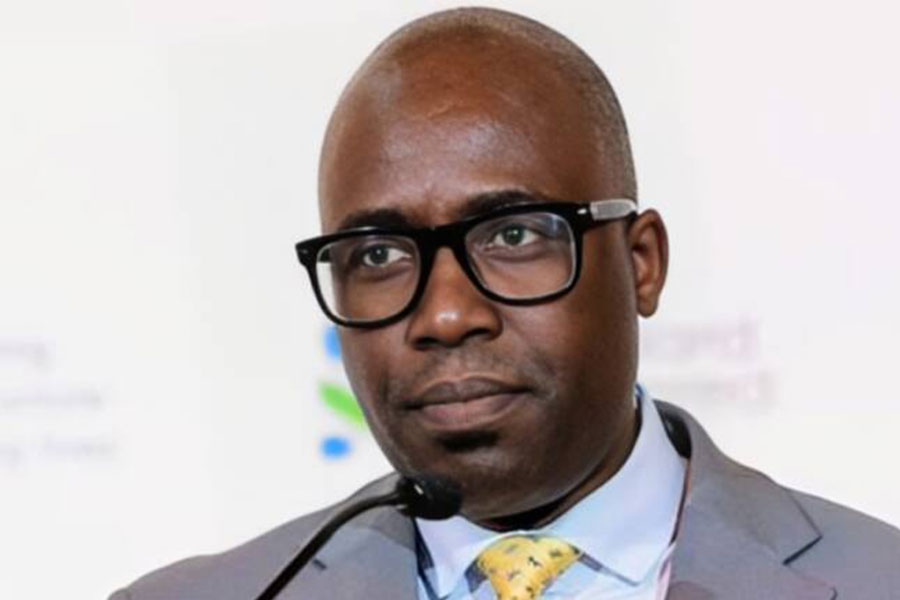
Verbatim | Apr 13,2024

Viewpoints | Jun 04,2022

My Opinion | 131548 Views | Aug 14,2021

My Opinion | 127903 Views | Aug 21,2021

My Opinion | 125879 Views | Sep 10,2021

My Opinion | 123510 Views | Aug 07,2021

Dec 22 , 2024 . By TIZITA SHEWAFERAW
Charged with transforming colossal state-owned enterprises into modern and competitiv...

Aug 18 , 2024 . By AKSAH ITALO
Although predictable Yonas Zerihun's job in the ride-hailing service is not immune to...

Jul 28 , 2024 . By TIZITA SHEWAFERAW
Unhabitual, perhaps too many, Samuel Gebreyohannes, 38, used to occasionally enjoy a couple of beers at breakfast. However, he recently swit...

Jul 13 , 2024 . By AKSAH ITALO
Investors who rely on tractors, trucks, and field vehicles for commuting, transporting commodities, and f...

Jun 28 , 2025
Meseret Damtie, the assertive auditor general, has never been shy about naming names...

Jun 21 , 2025
A well-worn adage says, “Budget is not destiny, but it is direction.” Examining t...

Jun 14 , 2025
Yet again, the Horn of Africa is bracing for trouble. A region already frayed by wars...

Jun 7 , 2025
Few promises shine brighter in Addis Abeba than the pledge of a roof for every family...

Jun 29 , 2025
Addis Abeba's first rains have coincided with a sweeping rise in private school tuition, prompting the city's education...

Jun 29 , 2025 . By BEZAWIT HULUAGER
Central Bank Governor Mamo Mihretu claimed a bold reconfiguration of monetary policy...

Jun 29 , 2025 . By BEZAWIT HULUAGER
The federal government is betting on a sweeping overhaul of the driver licensing regi...

Jun 29 , 2025 . By NAHOM AYELE
Gadaa Bank has listed 1.2 million shares on the Ethiopian Securities Exchange (ESX),...